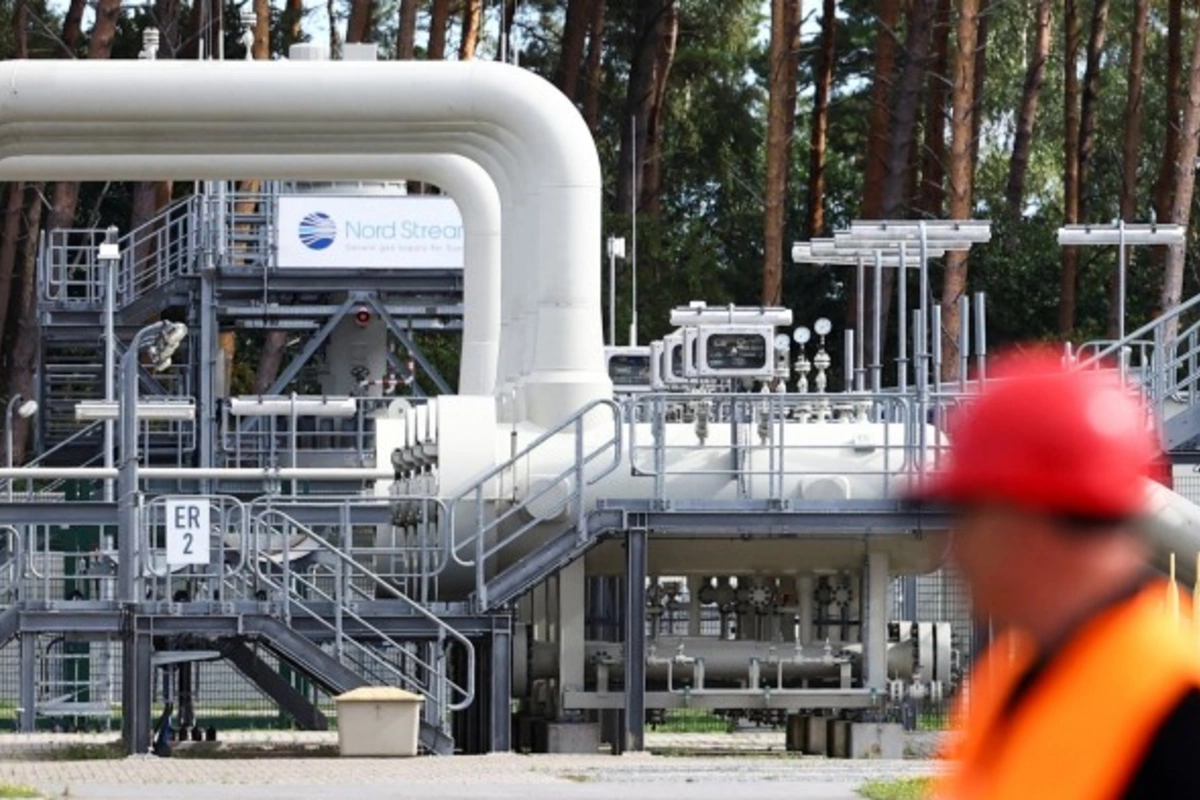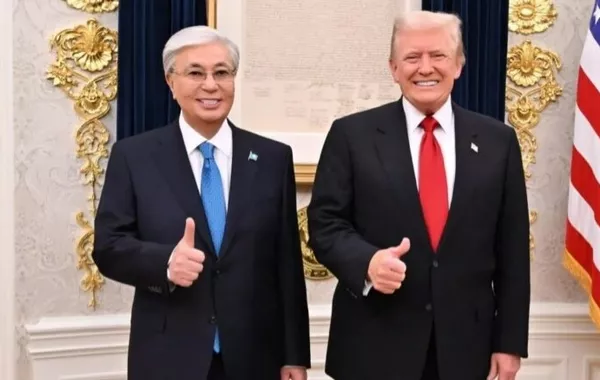
Photo: Reuters
By Tural Heybatov
Germany and the European Commission have reached an agreement to ban the operation of the Nord Stream pipeline, which was originally intended to deliver Russian gas to Europe. In recent weeks, discussions had emerged about the potential reactivation of the pipeline, with reported interest not only from the Russian side but also from American stakeholders.
According to the Financial Times, on May 22, German Chancellor Friedrich Merz initiated a new EU sanctions package aimed at permanently excluding the pipeline from the European energy system. The Merz government approved measures that will make it impossible to use the Nord Stream and Nord Stream 2 infrastructure, which was damaged in acts of sabotage in 2022. The sanctions, coordinated with the European Commission, include a ban on the repair and operation of the pipelines as well as restrictions on any financial transactions related to their restoration.
The decision came in response to talks that began in March between Russian and American business figures about the possible resumption of the pipelines connecting Russia and Germany, Financial Times reports. Indeed, in March of this year, Bild and Financial Times reported that discussions were underway to restart Nord Stream 2 with the involvement of U.S. investors. According to their information, German businessman Matthias Warnig, former head of the Swiss-based company Nord Stream 2, could potentially oversee the reactivation. Sources indicate that under the proposed plan, the pipeline would be placed under the control of American companies. For the U.S., the resumption of the project is seen both as a way to improve ties with Russia and as a tool to exert leverage in negotiations over Ukraine's future.
In early May, Nord Stream 2 AG reportedly reached a settlement agreement following talks with creditors, according to Reuters. This opens the door for the company to begin seeking a new investor.
These developments prompted European countries to accelerate discussions on a new package of sanctions against Russia. While reactivating the pipeline could help Germany resolve its energy problems, the European Union’s principled stance deserves recognition.
As reported by the Financial Times, the EU sanctions will target the Swiss-based company Nord Stream 2 AG, which owns the pipeline, and other firms that could potentially be used for its reactivation and operation.
It is worth noting that Nord Stream 2 was completed shortly before the outbreak of war in Ukraine. Following the invasion, Germany halted the pipeline’s certification process, and the United States imposed sanctions on the operator, Nord Stream 2 AG. As a result, the company filed for bankruptcy in March 2022.
Even if a decision is made to restart the Russian pipelines, extensive repairs would be required following the sabotage attacks in September 2022. According to The Wall Street Journal, Ukrainian President Volodymyr Zelensky initially approved a plan to sabotage the pipelines, but the CIA, upon learning of it, requested he abandon the operation. Zelensky then ordered the mission to be halted, but the then-Commander-in-Chief of the Armed Forces of Ukraine, Valerii Zaluzhnyi, reportedly ignored the directive. Official Kyiv has denied involvement, stating that such an operation could only have been conducted with substantial technical and financial resources-resources that only Russia possesses.
After the explosion in autumn 2022, one of Nord Stream 2’s lines remained intact, and Moscow repeatedly stated its readiness to begin deliveries through it. However, there was no reciprocal interest. It is also known that Russia itself had halted gas deliveries to Europe a month before the explosion. According to DW, in August 2022, Gazprom announced the complete suspension of gas supplies to Germany and other EU countries via Nord Stream, citing "technical maintenance and scheduled preventive work." This marked the second full shutdown of the pipeline within a month and a half. Ahead of the shutdown, gas prices in the EU skyrocketed to historic highs.
Earlier, European Commission President Ursula von der Leyen revealed that the EU authorities were developing new sanctions targeting the Nord Stream and Nord Stream 2 pipelines, aimed at preventing any possibility of resuming gas deliveries through them.
To recall, Nord Stream 2 is an export gas pipeline from Russia to Europe via the Baltic Sea. It stretches over 1,200 kilometers, with a combined capacity of 55 billion cubic meters of gas per year across its two lines.
Share on social media
